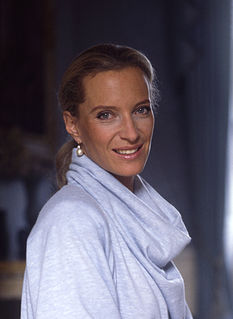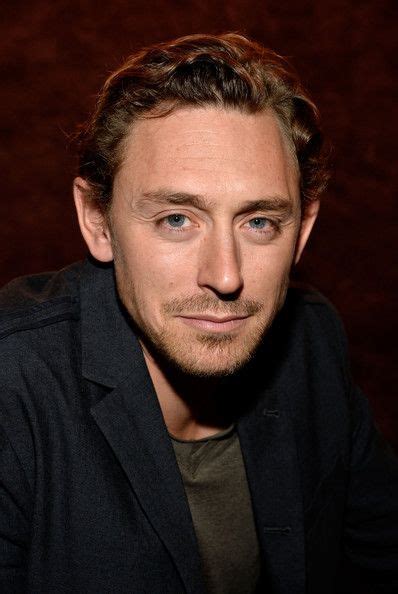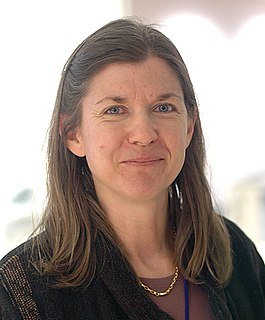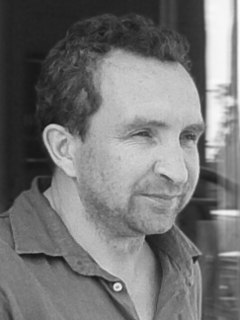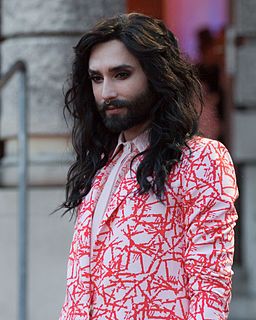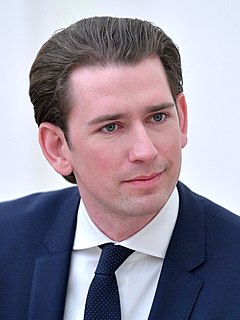A Quote by Princess Michael of Kent
There is this place called the Tower of London and I think if I wrote about any Royal figure as recent as the 20th Century I might end up there!
Related Quotes
I think that poets can say, "What we want is for everybody on earth to wake up free from fear and with access to medicine and clean water and education." But I don't think poets have any special insight on how to get there. And the 20th century is a pretty good record of that because so many of the great poets were Stalinists: Vallejo, Neruda, Eluard, Aragon, etc. They wrote their odes to Lenin and Stalin. They glorified some of the most violent and grotesque dictatorships of the 20th century. And a lot of the ones who were not Stalinists were fascists or fascist sympathizers.
London is the most multicultural, mixed race place on Earth. And I love that. I grew up in a neighborhood in London where English wasn't necessarily the first language - maybe because of that, I love to travel. Every penny I've ever saved has been spent on airline tickets to different corners of the world. I think that's partly from growing up in London. I've taken that bit with me - this ability to fit in with any culture and be fascinated and respectful with any culture all started from growing up in London.
The different American experience of the 20th Century is crucial because the lesson of the century for Europe, which essentially is that the human condition is tragic, led it to have a build a welfare system and a set of laws and social arrangements that are more prophylactic than idealistic. It's not about building perfect futures; it's about preventing terrible pasts. I think that is something that Europeans in the second half of the 20th century knew in their bones and Americans never did, and it's one of the big differences between the two Western cultures.
Taking photographs is generally an act of 'looking at the object, whereas 'being seen' or 'showing' is what is most interest to one who does a self-portrait...self-portraits deny not only photography itself but the 20th century as an era as well...an inevitable phenomenon at the end of the 20th century.
D-Day represents the greatest achievement of the american people and system in the 20th century. It was the pivot point of the 20th century. It was the day on which the decision was made as to who was going to rule in this world in the second half of the 20th century. Is it going to be Nazism, is it going to be communism, or are the democracies going to prevail?
One of the most important secret societies of the 20th century is called the Round Table. It is based in Britain with branches across the world. It is the Round Table that ultimately orchestrates the network of the Bilderberg Group, Council on Foreign Relations, Trilateral Commission and the Royal Institute of International Affairs.
I think one of the London Film Festival strengths is that it's set in London but it's not about London. It's about the diversity of this city and it's about world cinema. And that's what London is - London is a place where its identity is always in a state of flux. So, this festival celebrates the way in which it is always changing. That's why London is a fascinating place and that's why the film festival is a fascinating film festival.
